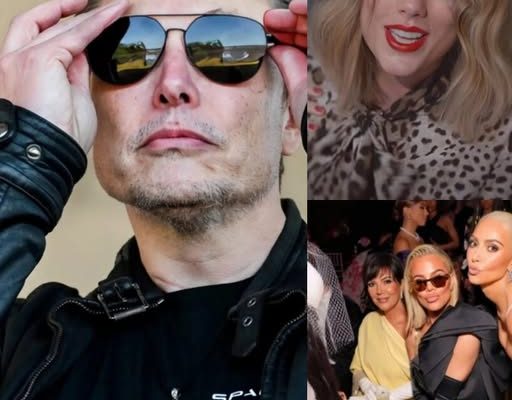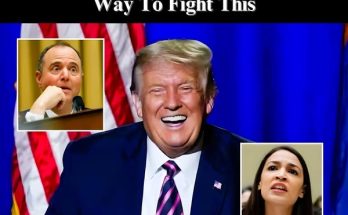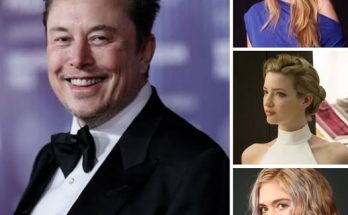The controversy ignited when Elon Musk, the proprietor of the X platform (formerly known as Twitter), leveraged his influence to encourage his followers to shun Taylor Swift and the Kardashian family. Through a series of posts, Musk criticized the political and social stances of these celebrities, asserting that they contributed to a “culture of abandonment” and espoused ideologies he deemed detrimental to free speech.
The billionaire urged his millions of followers to “block” these celebrities’ accounts and to “boycott” them as a form of protest. He also referenced their purported involvement in what he perceives as the unchecked proliferation of “woke” culture, a movement he has vocally opposed in recent months. As a direct consequence of Musk’s appeal, Taylor Swift saw a loss of over 5 million followers across her social media platforms, marking a significant decline for the music icon. The Kardashian family, another prominent entertainment entity, lost more than 3 million followers. This immediate fallout prompted reactions from the media and fans on both sides of the issue.
This incident underscores Elon Musk’s influence and the considerable effect his opinions can have on the social media presence of celebrities. While some individuals rally behind Musk and his perspectives, others view these events as a manifestation of the excessive influence that certain public figures wield on social media.
Neither Taylor Swift nor the Kardashian family has promptly addressed the loss of their followers, but social media has been inundated with expressions of anger and support for these celebrities. Advocates for Swift and the Kardashians have denounced the call for a boycott, characterizing it as an effort to stifle the freedom of expression of public figures who do not align with Musk’s views.Conversely, supporters of Musk contend that this movement serves as a vital counteraction to ideas they perceive as excessively dominant or biased. For them, it represents an opportunity to elevate the voices of those who feel marginalized by the dominant narratives on social media.
This situation prompts critical inquiries regarding the equilibrium between freedom of expression and the impact of prominent public figures on social media platforms. While the X platform champions free speech, individuals like Musk appear to wield their influence to shape public opinion significantly, frequently advocating for boycotts or collective actions against certain individuals.
The ongoing debate about whether such influence should be permissible, and where to draw the line between freedom of expression and the manipulation of the public by influential figures, remains unresolved. The boycott and substantial decline in followers experienced by Taylor Swift and the Kardashian family following Musk’s call signify a pivotal moment in how social media can sway public sentiment. This event has ignited vigorous discussions about the intersection of politics and personal beliefs in the digital realm, as well as the responsibilities of the most influential figures in this space.




